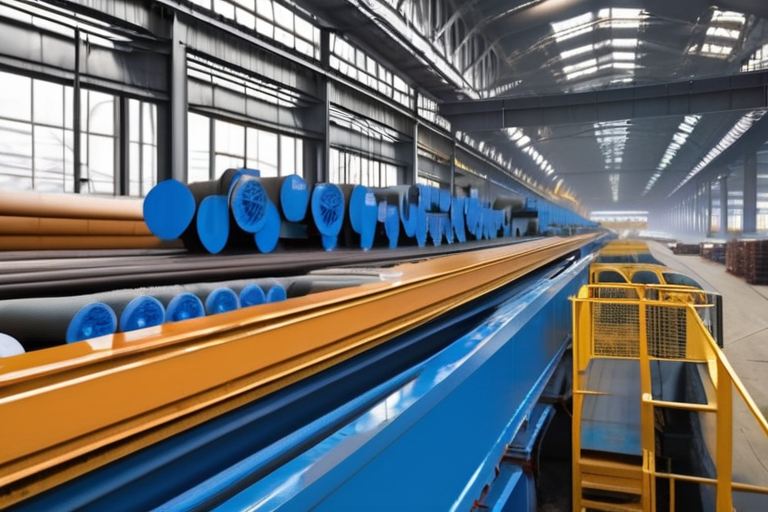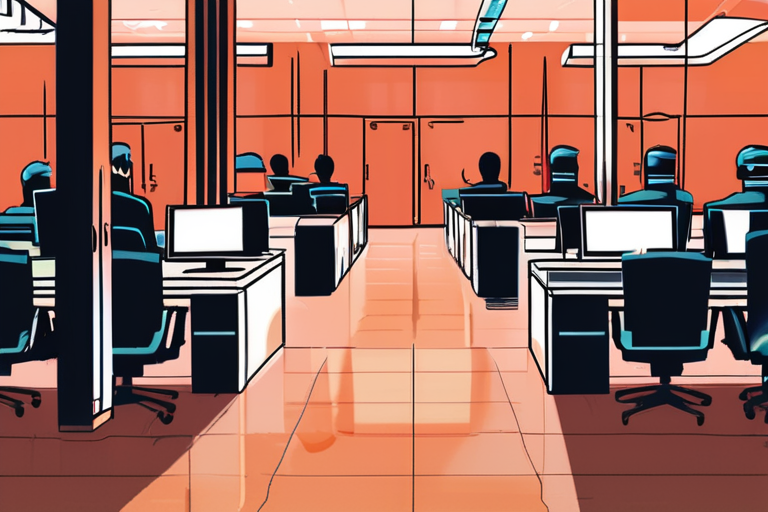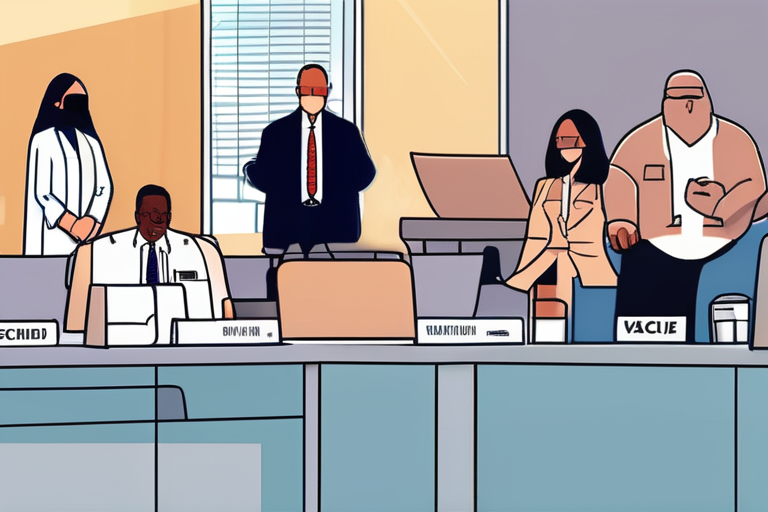EU Steel Tariff Hike Sparks "Biggest Crisis" for UK Industry Amid EU Proposal to Cut Imports


Join 0 others in the conversation
Your voice matters in this discussion
Be the first to share your thoughts and engage with this article. Your perspective matters!
Discover articles from our community

 Hoppi
Hoppi

 Hoppi
Hoppi

 Hoppi
Hoppi

 Hoppi
Hoppi

 Hoppi
Hoppi

 Hoppi
Hoppi

New AirPods Pro Feature Raises Questions About Apple Watch Necessity The latest iteration of the AirPods Pro 3 has introduced …

Hoppi

Luxury Fashion Brands Fall Victim to Massive Cyber-Attack In a brazen cyber-attack, hackers known as Shiny Hunters have compromised the …

Hoppi

FinWise Data Breach Exposes Sensitive Info of 689,000 Americans A former employee's unauthorized access to sensitive customer data has compromised …

Hoppi

Gold's Historic Rally: A Complex Phenomenon Beyond Trump's Influence The price of gold has reached a historic high, surpassing $4,000 …

Hoppi

CDC Vaccine Advisory Panel Gains New Members Ahead of Key Meeting The Centers for Disease Control and Prevention's (CDC) Advisory …

Hoppi

Slovakia Passes Law to Recognize Only Two Sexes, Restrict Adoption In a move that has sparked controversy, Slovakia's parliament has …

Hoppi